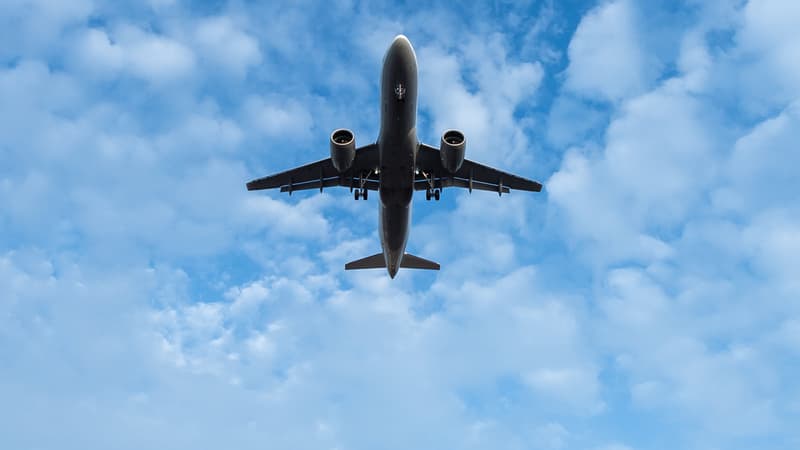For many climate experts, reducing aviation’s impact on greenhouse gas emissions can only be achieved by reducing the number of passengers and flights. Some, like Jean-Marc Jancovici, even recommend taking a plane only four times in your life.
Numerous surveys confirm this aspiration to take fewer flights and switch, for example, to the train. The fact is that between intention and reality there is a certain gap.
Although air traffic returned to pre-Covid levels last year, nothing seems to be able to stop this strong recovery for the moment.
According to FCM Consulting’s Quarterly Global Trends Report*, citing data from Cirium, “global air transport capacity (in 2024) is expected to exceed the annual number of flights in 2018 and 2019.”
Resumption of business travel
Thus, if the number of flights continues a slightly downward trend (-5.6% to 2.1 million in the first half of 2024 compared to 2019), the supply of seats continues to increase: +3.5% or 97 .9 million more.
“This is the result of changes in fleet configuration and schedule changes to meet demand. When carefully planned, these changes are favorable to airline operating costs, personnel management, airport slot schedules and airport costs,” comments Antonio Iglesias, Head of Consulting EMEA at FCM Consulting.
The study also highlights the resumption of business travel around the world. “The fourth quarter of 2023 completes a pivotal year, as business travel has been the busiest and least disrupted in more than four years. Business travelers have become more confident than in previous years and are planning trips in 2024, both to develop their business and get closer to their clients and colleagues,” continues the expert.
It is in Africa where the supply of seats will increase the most during the first half of the year (+11% and +6% in number of flights), ahead of the Middle East and North America (+7%), Latin America. (+6%) and Asia (+3%).
In Africa, double-digit growth
In Europe, on the other hand, the study expects a drop in both the number of seats offered (-1%) and the number of flights (-8%). Perhaps proof of a slightly greater awareness compared to other geographical areas where the emerging middle classes are discovering air travel.
“Among the world’s major airlines, we predict that the number of seats offered in 2024 will be 2% higher than in 2019 and that the number of flights will decrease by 6%,” he continues.
For Jean-Marc Jancovici “Is it a drama? fly less“It would be better not to, because in any case the plane was born with oil and there is no substitute for scale.”
Electricity, hydrogen or biofuel They are presented as possible solutions, but “to accommodate four billion passengers a year, that doesn’t work,” he says. “It costs much less than that and that is why, in any case, Air traffic should be reduced gradually.“.
*: FCM Consulting’s quarterly report is based on global data from FCM Travel and corporate booking data from Flight Center Travel Group for travel between October and December 2023 (Q4 2023). The report uses Cirium aviation schedule data as of January 18, 2024. Changes to air ticket prices exclude all taxes.
Source: BFM TV


